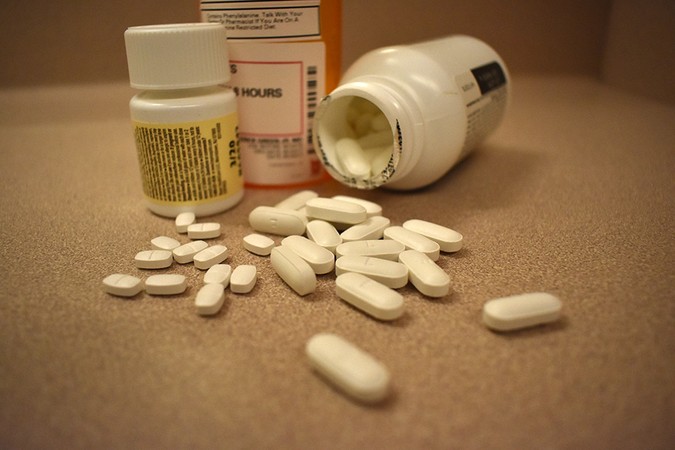“Are you afraid you’re going to die from this?”
“I know that I am.”
This question was posed by a CNN reporter, who covered the story of the Opioid Epidemic. This story centralized on one city, Massachusetts, where much of the homeless population is around the age of 30, and addicted to opioids. For many of the interviewees, the addiction began with pills and store bought drugs. As desperation for the drug and for cash grew, many moved to the streets in order to afford heroine. However, this mass addiction is not concentrated in Massachusetts.
OPIUM, THE NEW AIDS
In the United States, “The Centers for Disease Control and Preventionexpected drug overdose deaths. to top 64,000 in 2016.” President Donald Trump has declared a public health emergency, referring to it as the “Aids Epidemic of the 21st Century,” according to CNN.
The seriousness of this epidemic was first brought to my attention on a plane from Dallas to LA, in which I was seated next to a middle aged woman named Jacquie. She told me every detail of her life‚ from her roommate’s dog’s name, to her feelings of despair over a co-worker son’s opioid overdose just a week prior.
On the plane, Jacquie told me how sad she was to see her friend have to go through the death of his child—stating that no parent should ever have to bury their child. She went on to say that he was a writer, and always seemed so in touch with his feelings: no one would have ever even guessed what he was dealing with under the surface.
FENTANYL DEATHS RISE
Many overdoses have resulted from an addition of fentanyl, which is 50 to 100 times more powerful than morphine. Although originally devised to treat chronic pain, drugs spiked with even a tiny amount of fentanyl have increased the number of deaths from 3,000 to more than 20,000 in just three years—a 540 percent increase, according to CNN. This makes it extremely more potent, and ultimately unpredictable: doses of opium that would have given a small high before have turned deadly.
From my conversation with my airplane confidant, to countless accounts of people, some in their 20’s, overdosing and dying from an unknown or attemptedly treated addiction, I have come to realize the absolute necessity of awareness that students need to gain. People our age seek escape. Whether from family stress, emotional anxiety, depression or failed expectation, there are men and women who seek the high and the kick from a drug. Further, many of these victims of addiction are not much older than us. This should break our hearts. This should alarm us.
CLOSEST THING TO GOD
In the CNN feature, one young homeless man, as he injected himself with a needle on camera, described his first hit of opium as “the closest thing to seeing God [he has] experienced.” Here is a heart longing for more. He longs for things not of this world, and because of the dissatisfaction he possesses for this life, has resulted to infecting his bloodstream, and facing inevitable death. Where are the Christians in these situations? Where is the hope for new life? People are dying, and people might be struggling with this on our very own campus—many of us are just too blinded by the glare of the Bubble to see it.
****** If you or someone you know is struggling with a drug addiction, please call 877-650-0383 or visit the American Addiction Centers website to begin the walk down the road to freedom.







